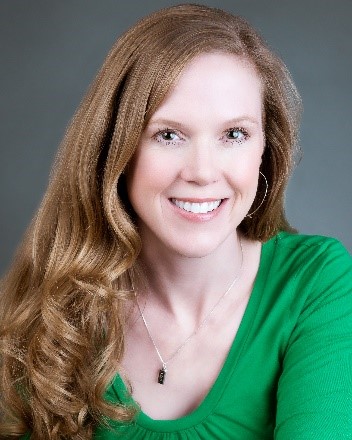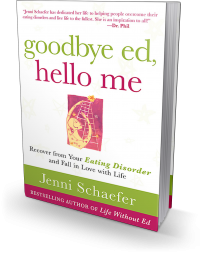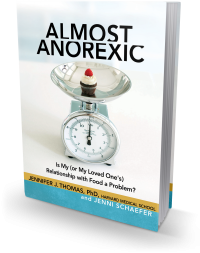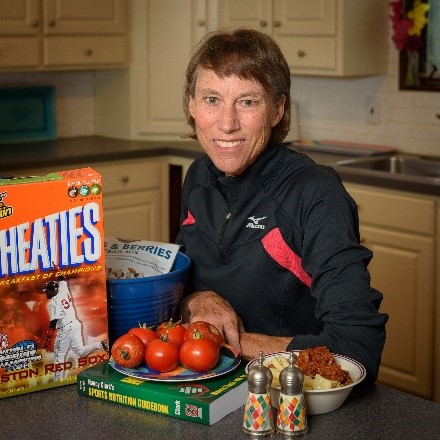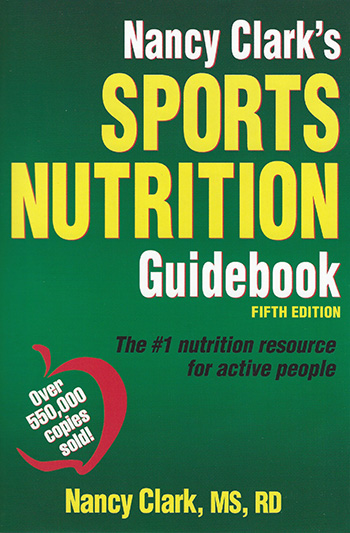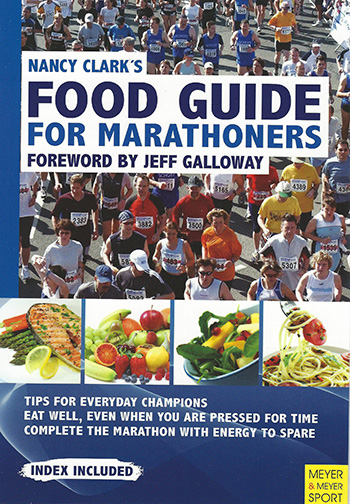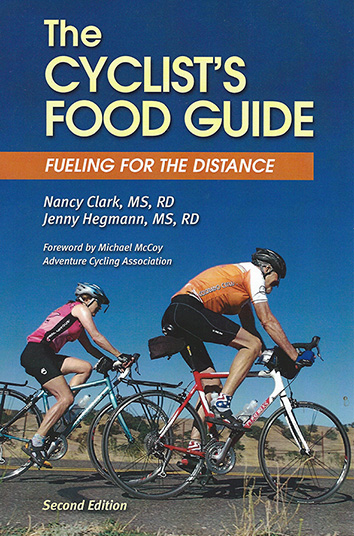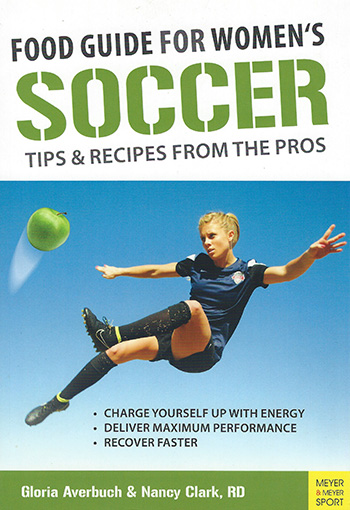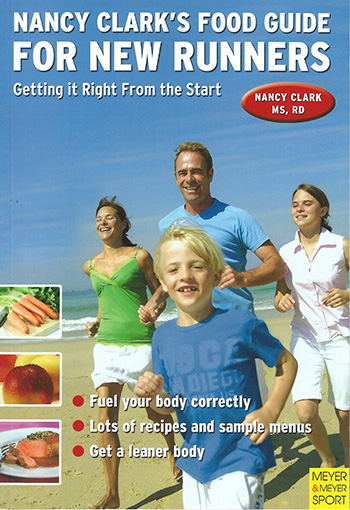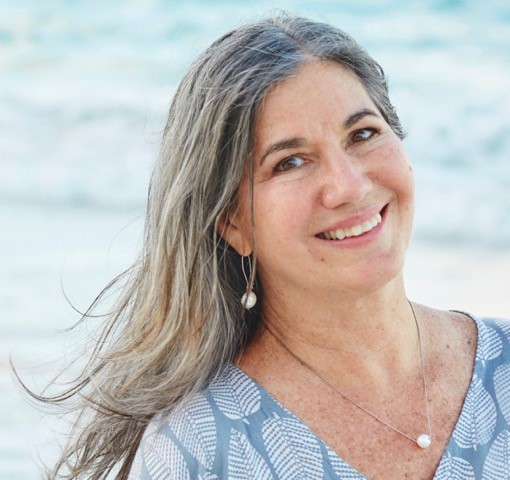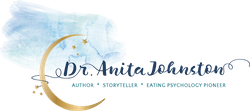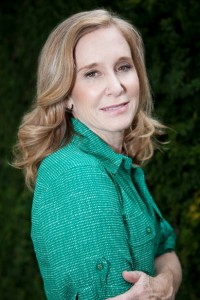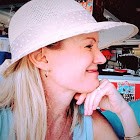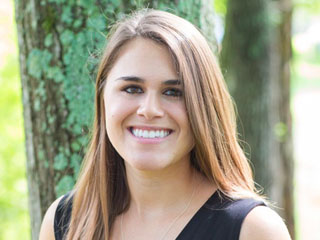
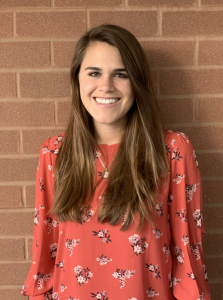
Alex Raymond, RDN, LDN
Courage to Nourish Nutrition
Website: www.couragetonourish.com
Blog: www.couragetonourish.com/blog
Instagram: @courage. to.nourish
Facebook: https://www.facebook.com/Courage-to-Nourish-Nutrition-LLC-110334393837404
What is your current position?
I co-own the private practice Courage to Nourish Nutrition. I opened this practice in January 2020 after working at a different practice for the first few years of my career. After about 4-5 years, it was time to open my own practice that aligned with my values as a practitioner (Health at Every Size & anti-diet aligned, compassion, trust and empowerment). I spend about 50% of my time seeing clients on an individual basis and coordinating with their therapists, physicians, psychiatrists, families…anyone who may be a significant member on their team. The other 50% of my time is dedicated to blogging, networking, marketing and speaking.
How did you get started in your career?
When I was a senior in high school, I had absolutely no idea what I wanted to do, which really scared me. I attended school at the University of Maryland. Like most colleges, they had an “accepted student day.” I went there and saw that nutrition was a major. And I was like “oh my gosh this is so interesting!” I thought since I had always loved food, growing up with an Italian grandmother, I should check out what the major entailed. I think this may have been the first time I heard of a dietitian. The nutrition advisor at UMD at the time totally blew me away with how she described the field and I was like “I need to do this.” I had no idea what I was getting myself into and that there would be so much science involved. Turned out, organic chemistry was one of my favorite classes and I totally nerded out over biochem.
In 2012, when I was a junior in college, I started interning for a private practice. This was just an amazing fit for me. I didn’t know what I wanted to do with my nutrition degree, but I was leaning toward counseling clients one on one. I personally didn’t like the idea of working in a hospital and I wanted something less fast-paced and where I could build long term relationships with my clients. I am not and will never be a dietitian who promotes weight loss/weight management. I fully align myself with the Health At Every Size © model. Working with clients who struggle with eating disorders, disordered eating and chronic dieting allows me to support people in making peace with food and their bodies.
What advice would you give to someone new to the field?
Ask questions and learn from a diverse set of professional peers within your scope. Eating disorders are an extremely complicated mental (and physical) illness. In doing this work, it’s extremely important for us to ask questions to other eating disorder dietitians, other members of the treatment team, and our clients. One of my favorite mantras to use is “be curious.” I remember this both in and out of session. It’s so important for us to get the biggest picture of what it’s like for our clients. But, this can prove to be difficult if you don’t ask questions because all of us come from different backgrounds and have different experiences. And lastly, I would not be able to do this work if it weren’t for other eating disorder dietitians guiding me. I would 100% recommend to participate in (at least) monthly supervision with a dietitian you trust.

